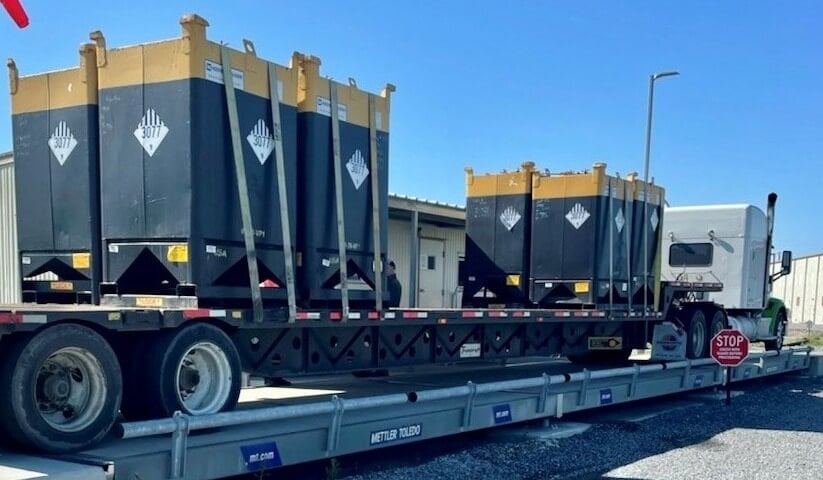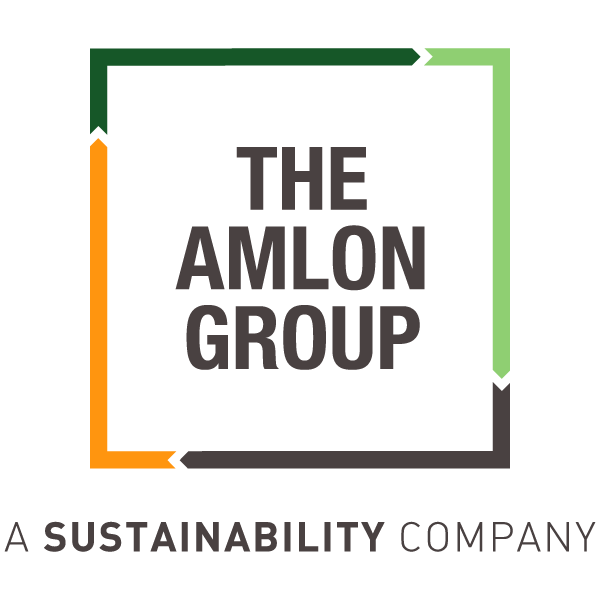
Catalysts are essential in various industries, ranging from food manufacturing to petroleum refining. For instance, hydrotreating catalysts utilize molybdenum, nickel, and cobalt to eliminate sulfur, nitrogen, and other contaminants during the production of gasoline, diesel, and jet fuel. These valuable catalysts, made of base or precious metals make chemical reactions more efficient without interfering with the process over time.
Given the significance of catalysts in numerous industries and their slow degradation, recycling them instead of disposing them in landfills provides several benefits.
- Sustainability - It contributes to decreased material and energy consumption, leading to reduced pollution and enhanced sustainability for companies, thereby improving their environmental standing and reputation within the industry.
- Cost Reduction - Recycling offers substantial economic advantages by reducing the costs associated with hazardous waste disposal and minimizing the need to purchase new raw materials.
- Reporting – Recycled materials are not considered waste and therefore do not go against the generating company’s annual stats.
What types of catalysts can be recycled?
The recycling process involves extracting metals from the catalysts, which can then be used in various applications such as alloy steel production, electronic components, and chemical processing. By recycling these metals, the need for additional mining and processing of natural resources is reduced, resulting in lower material and operational costs.
The metals commonly recycled as catalysts include:
- Molybdenum (Mo)
- Tungsten (W)
- Nickel (Ni)
- Cobalt (Co)
- Copper (Cu)
- Zinc (Zn)
- Vanadium (V)
- Platinum (Pt)
- Palladium (Pd)
Where are catalysts found?
- DHT (CoMo/NiMo)
- NHT (NiMo)
- ULSD (CoMo/NiMo)
- JHT (CoMo/NiMo)
- Hydrocracking (NiMo/NiW)
- Isomerization (Pt/Pd)
- Sulfuric Acid Unit (V2O5)
- Hydrogenation (Raney Ni, Pt/PD, Co)
- Hydrogen Plants
- Primary & Secondary Reformers (NiO)
- Methanator (NiO)
- High Temperature Shift (FeCr)
- Low Temperature Shift (CuZn)
- SHU (Pd)
- Steam Reformer (Ni)
Economic Benefits of Catalyst Recycling
Disposing of spent catalyst at a landfill is purely a charge but selling them for reclamation allows for cost recovery. Recycling can even generate revenue which will lower processing costs at the reclaimer. As of May 2023, reclaimed molybdenum is valued at $21 per pound and nickel sells for just under $10 per pound.
Catalyst manufacturers utilize the recovered metals as raw material to reduce the cost of fresh catalyst production, thereby decreasing the cost to the site for fresh catalyst on future loads.
Furthermore, recycling and sustainable practices foster goodwill within the industry, differentiating businesses from their competitors and attracting environmentally conscious customers. Customers like to work with environmentally conscientious companies.
Environmental Benefits of Recycling Catalysts
From an environmental standpoint, recycling catalysts significantly reduces the energy and resources required for extracting, refining, transporting, and processing industrial catalysts. This leads to decreased air, water, and soil pollution, as well as the preservation of precious natural resources. Additionally, reduced energy consumption in processing contributes to lower greenhouse gas emissions, helping mitigate the impact of climate change.
We all benefit by keeping hazardous materials out of landfills.
Catalyst recycling is a simple and economically beneficial way to conserve precious resources, responsibly manage used materials, reduce energy and material consumption, and ultimately minimize pollution. These efforts not only result in a cleaner environment but also contribute to a more sustainable future for everyone by increasing the availability of low-cost resources and driving demand for further recycling endeavors.
Learn more about our catalyst recycling services
We work with petroleum refineries, chemical manufacturers, fertilizer manufacturers, and syngas companies. Get more information about the materials we process.


